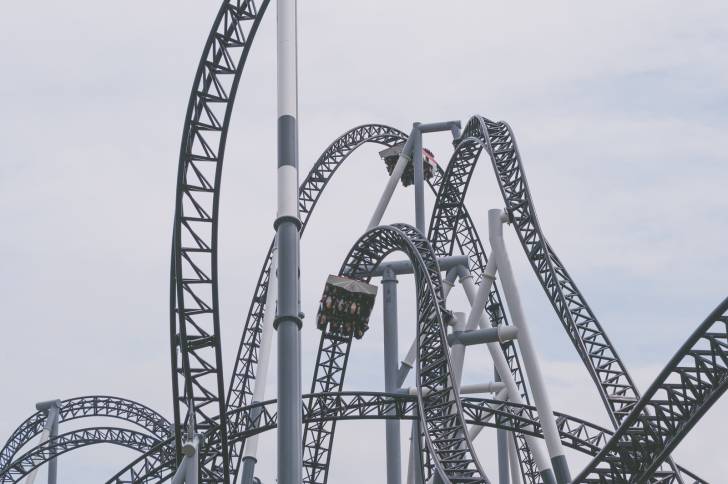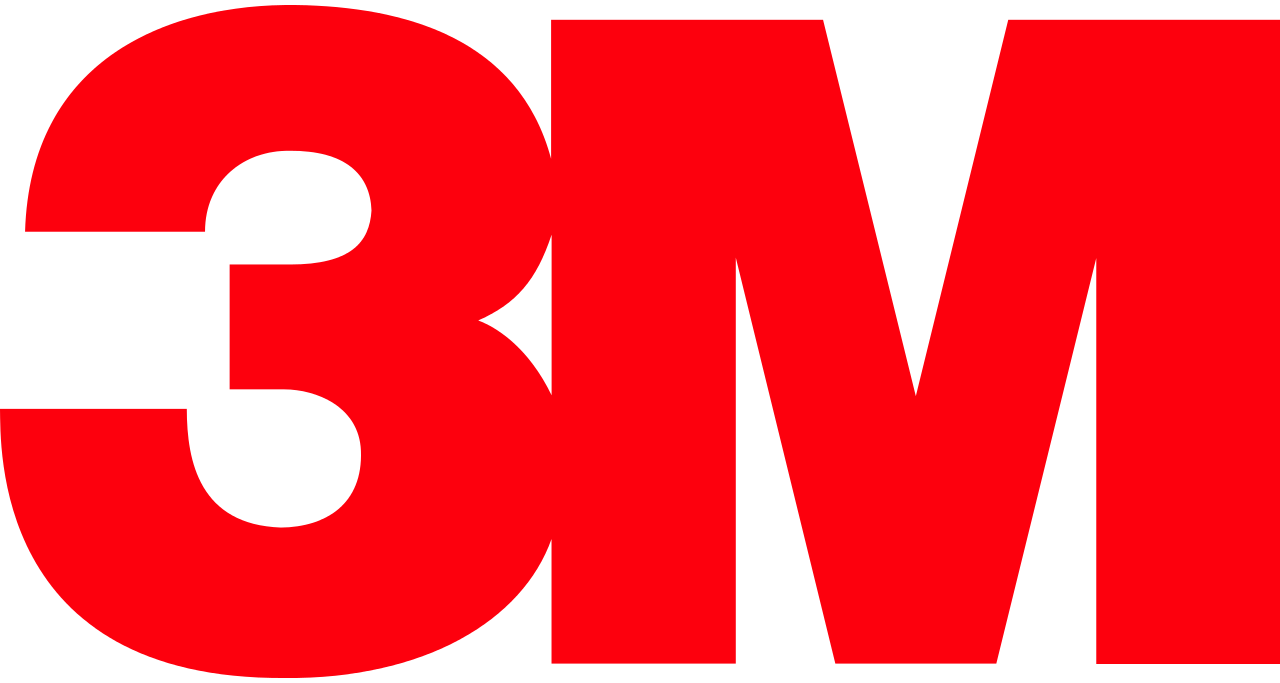Emerging Markets Cheat Sheet (February 28, 2011)
Strengths
- The China Passenger Car Association announced passenger vehicle sales for the first three weeks of February fell 33 percent month-over-month to 336,308 units. However, sales are up 19 percent from the same time last year after adjusting for the Chinese New Year holiday.
- Over the long weekend, China committed to appreciation of the yuan at a G20 meeting in France.
- China Vice Premier Li Keqiang says the government will strictly implement measures to control the housing market and ensure the completion of construction on 10 million units of social housing.
- The China Meteorological Administration is forecasting much needed rain and snow in China’s eastern and central regions, which should help relieve drought conditions and improve the wheat harvest.
- The China Machinery Industry Federation (CMIF) said China's machinery industry is expected to see sales and production up 15 percent this year.
- An official from the Natural Resources Defense Council (NRDC) says the law that limits the purchases of passenger vehicles by Beijing residents is not a good policy because it hinders industrial growth and consumer spending. The official suggests lowering the vehicle purchase tax and increasing the usage tax.
- China aims to increase tourism revenue to 2.3 trillion yuan (RMB) by 2015, up from 1.44 trillion RMB currently. If successful, tourism will account for 4.5 percent of GDP.
- China’s Twitter equivalent reached 90 million members today. Membership for Sina Weibo, the popular Internet portal, is growing by 5-6 million members a month, reflecting the growing interest in social networking in China.
- China has signed an agreement to build a high speed rail from China to Kazakhstan. In addition, China will buy $8 billion in uranium, roughly 55,000 tons, from the country.
- Despite inflationary pressures in other parts of the country, Vivo, the largest mobile operator in Brazil, posted stronger-than-expected results. Supermarket chain, CBD Pao de Acucar, also reported strong results.
- Russia’s oil output reached a post-Soviet peak of 10.2 million barrels per day in October 2010 and has maintained this level since. To offset brownfield decline, total drilling meters should grow above 4 percent per year, according to Uralsib projections. This should be supportive for strength in oilfield services.

Weaknesses
- China imports 3 percent (about 150,000 barrels per day) of its oil from Libya but experts don’t expect the turmoil to have much of a negative effect on China’s energy supply. China can offset the reduction in oil with coal and natural gas until the crisis subsides.
- Further oil price increases may have a negative impact on China because the country buys more than half of its crude abroad.
- Fleury, a medical diagnostics company in Brazil, reported worse-than-expected earnings.
- Russia’s central bank raised its main borrowing rates by 25 basis points, lifting the refinancing rate from a record low of 7.75 percent as inflation started to approach 10 percent. The central bank also raised mandatory reserve requirements.
Opportunities
- As their income rises, an increasing number of Chinese are spending on travel and tourism. There are 840 flights every day between China and South Korea and 6 million Chinese tourists visited the country last year. In addition, it is estimated that there are 60,000 Chinese students who are now studying in Korea. Chinese tourists are also becoming the largest group of foreign visitors to Japan.
- With an appreciating yuan, Chinese citizens will continue to have more purchasing power. Also, a rising yuan will help China curb inflation, increase domestic consumption, and benefit industries that import copper, oil, iron ores and other base materials since China is a net importer of those materials.

- Agrosuper, the Chilean company with a truly global reach specializing in pork, beef and salmon products, will likely enter the Santiago Stock Exchange during the second half of 2011. In light of the company’s excellent reputation, we expect big interest from investors.

- The Peruvian government is taking proactive measures to fight inflationary pressures. Next week the government will reduce taxes on fuel following a reduction in the sales tax last week.
- Vedomosti, a Russian newspaper, discussed that the export duty for Russian oil companies may fall as much as 55 percent by 2014. Credit Suisse estimates that the drop in export duty improves upstream profitability by over 20 percent at current oil prices.
Threats
- Middle East unrest increases China industrial costs and potentially tightens supply of essential basic materials.
- Local governments have joined China’s central government in curbing housing purchases by depressing purchase activities in February, though the final effect won’t be felt for a couple of months. In the face of market bearishness toward housing, Vanke Co., China’s largest publicly-traded developer, said it is confident sales will stay above $15.2 billion for a second year in 2011.
- The cost of insuring Turkish debt against default may rise as unrest in the Middle East triggered more than a 20 percent jump in Brent crude. While Russia benefits as an energy exporter, Turkey suffers as it imports 93 percent of its oil.











